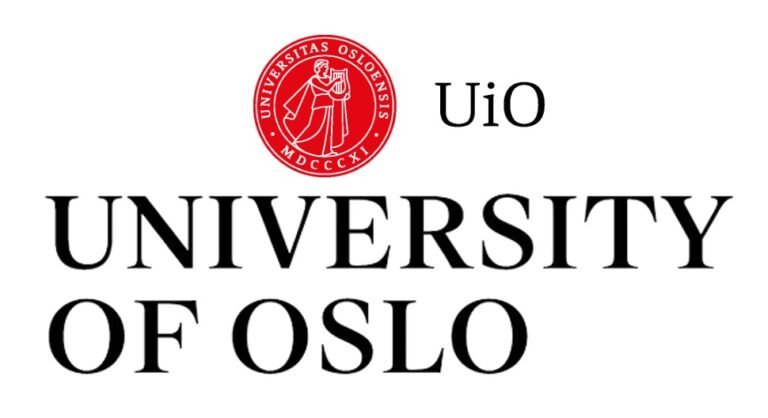The Department of Immunology, Genetics and Pathology at Uppsala University has a broad research profile with strong research groups focused on, among other things, cancer, autoimmune and genetic diseases. One of the fundamental ideas at the department is to stimulate translational research and thereby closer collaboration between medical research and healthcare. Research is conducted in cancer precision medicine, cancer immunotherapy, genomics and neurobiology, molecular tools and functional genomics, neuro-oncology and neurodegeneration, and vascular biology. Parts of the activities are also integrated with the departments of oncology, clinical genetics, clinical immunology, clinical pathology and hospital physics at the University Hospital. The department has teaching assignments in a number of program educations, independent courses and international master’s programs within the Faculty of Medicine and the Science and Technology discipline. The department has a turnover of around 500 million SEK, of which just over half is external research grants. The number of employees is around 345, of which around 100 are doctoral students, and there are a total of over 700 active members of the workforce. Please read more about the department’s activities here: www.uu.se/medarbetare/institution/immunologi-genetik-och-patologi
Job duties
The researcher will be employed in Dr. Åsa Johansson’s research group. The specific
research project will focus on the effect of exogenous hormones on cardiometabolic
diseases and cancer, mainly female-specific cancers. The primary task is to analyze data from the national Swedish registries, with exposure variables identified from
the drug registry and the medical birth registry, and disease outcomes from the cancer registry,
patient registry, cause of death registry and various quality registries. The tasks include planning and implementing data analysis, compiling results and writing and presenting scientific papers. Some supervision and teaching may be included
Qualification requirements
- Doctoral degree in epidemiology, biostatistics or similar. The degree must be completed at the time of the employment decision.
- Extensive experience in register research using the national Swedish registers,
including data processing of extracts from the registers and performing statistical analyses. - Documented experience in compiling, interpreting and visualizing results from epidemiological studies as well as extensive experience in publishing articles in well-regarded international scientific journals.
- Good ability to express oneself in English, both spoken and written.
- Good collaboration and communication skills and experience in international collaborations.
- Documented experience with Cox regression and causal inference.
- Well-structured and meticulous in your work, as well as good planning skills
Desirable/meritorious in other respects
Previous experience in pharmacoepidemiology, cancer epidemiology, genetic epidemiology or bioinformatics is an advantage
About the employment
The employment is temporary, 11.5 months. The scope is full-time. Access by agreement. Location: Uppsala
Information about the position is provided by: Åsa Johansson, asa.johansson@igp.uu.se
Welcome with your application no later than February 28, 2025, UFV-PA 2025/92.
Uppsala University is a broad research university with a strong international position. The ultimate goal is to conduct education and research of the highest quality and relevance to make a difference in society. Our most important asset is all 7,600 employees and 53,000 students who, with curiosity and commitment, make Uppsala University one of the country’s most exciting workplaces.
Read more about our benefits and what it’s like to work at Uppsala University
https://uu.se/om-uu/jobba-hos-oss/
The employment may be subject to a security check. In the event of a security check, a prerequisite for employment is that the applicant is approved.
We decline offers of recruitment and advertising assistance.
Applications are accepted in Uppsala University’s recruitment system.





